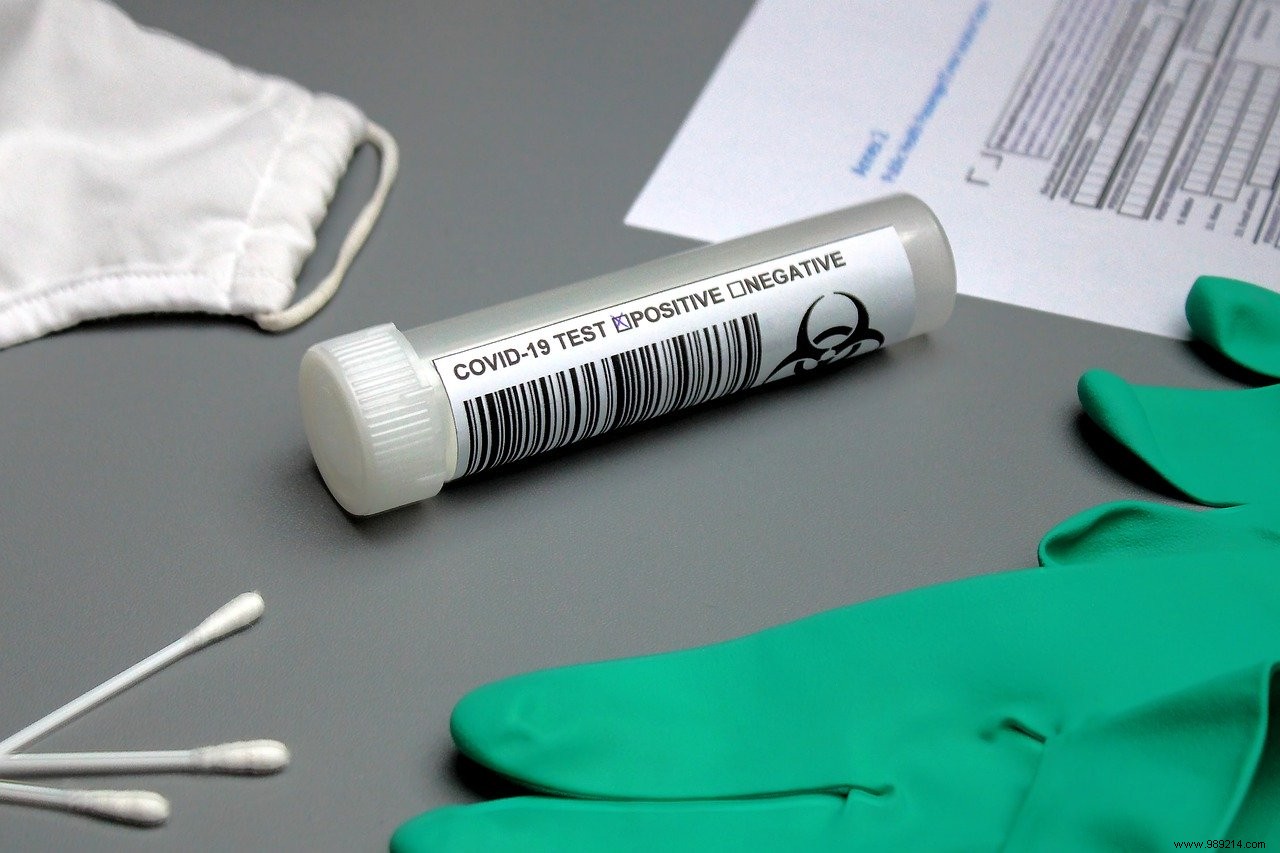The United States has recorded 21 cases of anaphylactic shock out of a total of more than 1.8 million injections of the Pfizer/BioNTech vaccine performed between the 14th and the 23rd december. These allergic reactions are more common than those developed following injections of flu vaccines, but are still very rare, according to a new report.
Vaccination against Covid-19 is sometimes feared because of the risk of side effects. According to the first observations made by the National Medicines Agency in France (ANSM), which refer to the first injections of the Pfizer/BioNTech vaccine, the news is all the same reassuring.
Most of the side effects reported during clinical trials are indeed mild to moderate , and disappear within a few days. They are also very common:pain at the injection site, fatigue, headache, chills, arthralgia or mild to moderate fever.
The fact remains that, after one week of vaccination, " no serious adverse effects have been reported in people who have been vaccinated " assured the Director General of the ANSM, Christelle Ratignier-Carbonneil, on Europe 1 on January 4.
In the United States, the news is also reassuring. According to a recent study led by the Centers for Disease Control and Prevention (CDC), serious allergic reactions developed following injections of the Pfizer/BioNTech vaccine are indeed still very rare.
As part of this work, the authors analyzed data from 1,893,360 injections made the vaccine between December 14 and 23, 2020. They then identified only 21 cases of people who experienced anaphylaxis – a life-threatening allergic reaction – shortly after receiving their first dose. This represents a rate of approximately 11 cases of anaphylaxis per 1 million doses of vaccine administered (or approximately one case in 100,000).
For comparison, the rate of anaphylaxis after flu vaccination is typically 1.3 cases per million people, says Dr. Nancy Messonnier, director of the National Center CDC Immunization and Respiratory Diseases. The rate of anaphylaxis linked to COVID-19 vaccines is therefore about ten times higher, but remains " still extremely rare " . Overall, “the benefits of the vaccine outweigh the potential risks” , she said.
Also note that of the 21 cases reported in this study, 17 had a history of allergies or allergic reactions , including reactions to medications, foods, and insect bites. In addition, seven of these people had suffered from anaphylaxis in the past. All of these patients have since recovered (most treated with epinephrine).

Given these results, health authorities recommend that those with a history of vaccine reactions or anaphylaxis of any cause are observed by healthcare personnel for approximately 30 minutes s after receiving their first injection of the Pfizer/bioNTech vaccine (the vast majority of shocks developed within thirteen minutes).